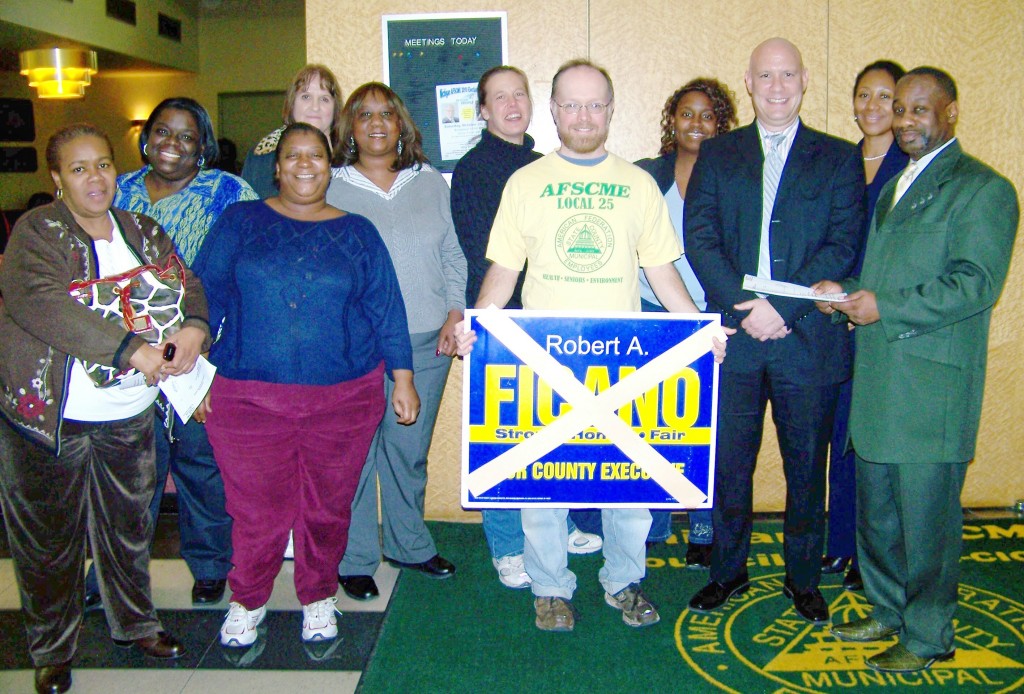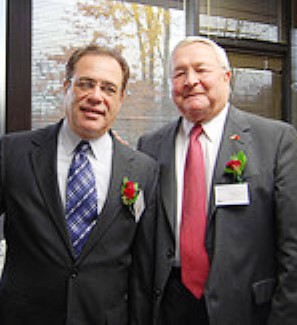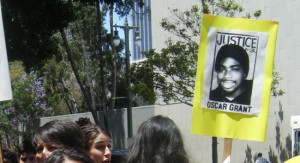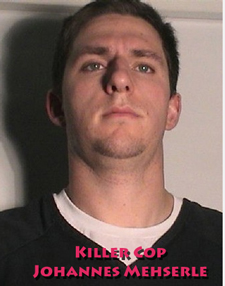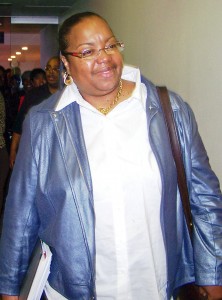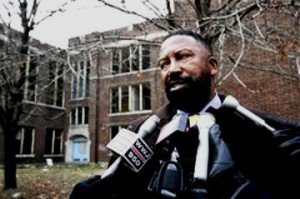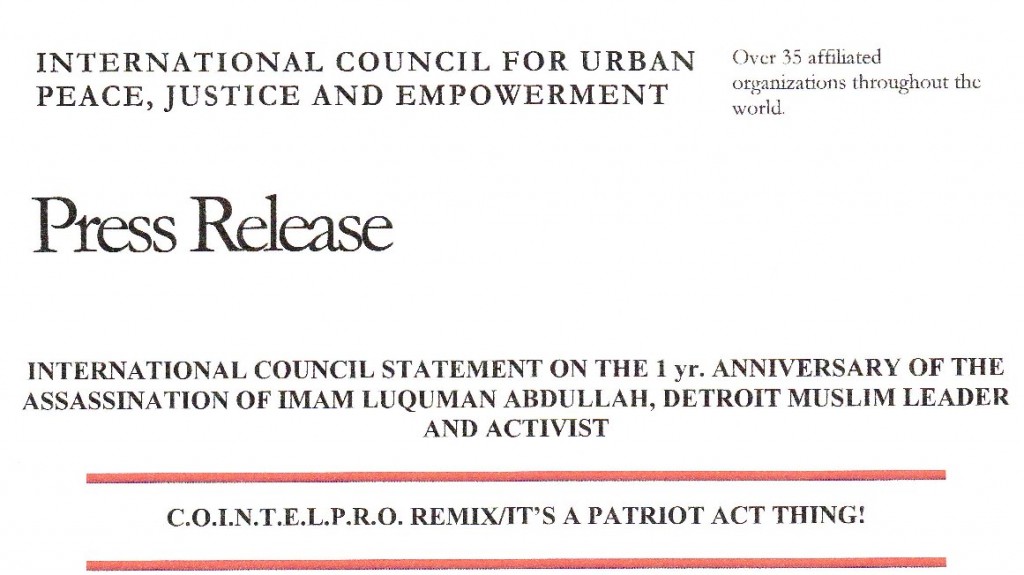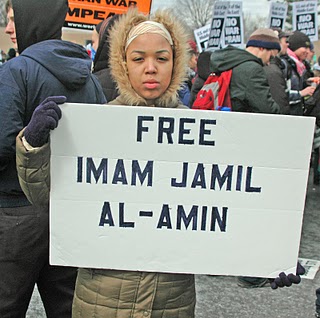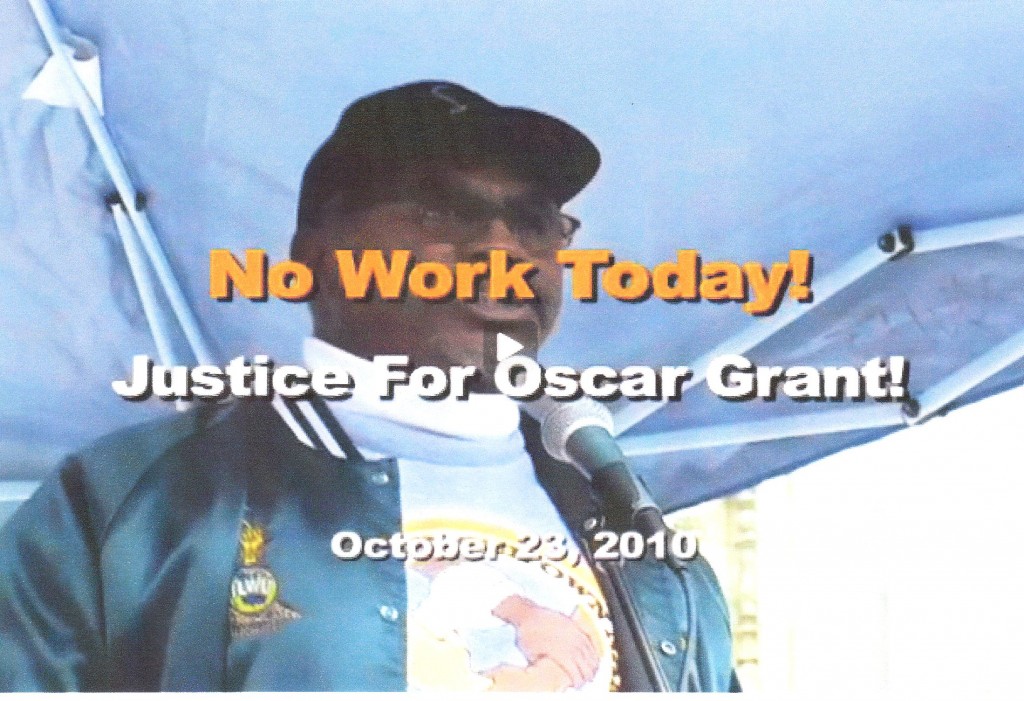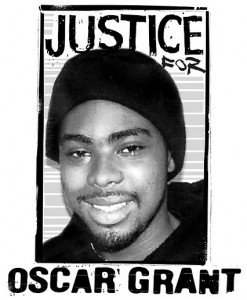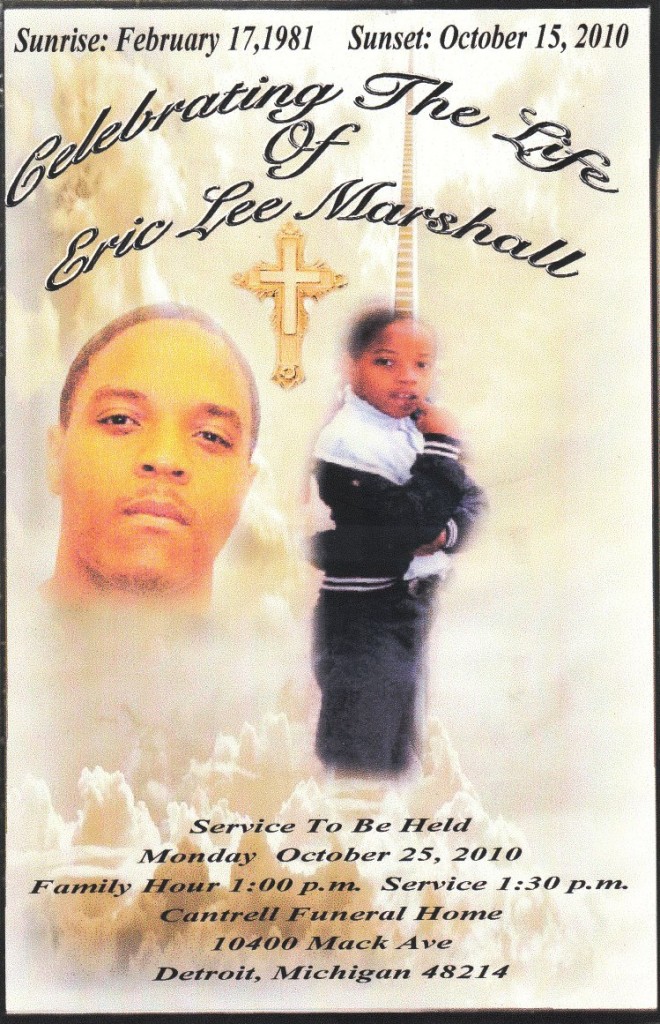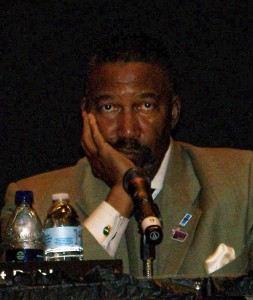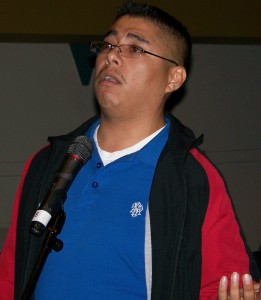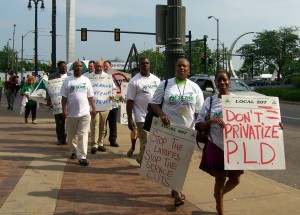 Four-year, $150 million contract approved 6-2 by members who got paid by DTE
Four-year, $150 million contract approved 6-2 by members who got paid by DTE - Councilwoman Watson says Charter requires a vote of the people
- Residents, workers firmly oppose deal
- DTE meanwhile to get $253 million rate increase
By Diane Bukowski
(This story updates and combines information from earlier Voice of Detroit posts.)
DETROIT, Nov. 3— The City Council today approved a $150 million four-year contract with DTE Energy to buy 100 percent of power previously generated by the Public Lighting Department (PLD) from the private utility.
PLD powers and maintains the city’s street lights and traffic signals, over 890 public buildings, and Detroit’s city’s public safety communications network, including 911 and its automated dispatch system, according to its website.
The vote essentially came down to who got paid. Only Council members JoAnn Watson and Brenda Jones voted “no.”
DTE-RELATED PAYMENTS TO CITY COUNCIL MEMBERS, 2009
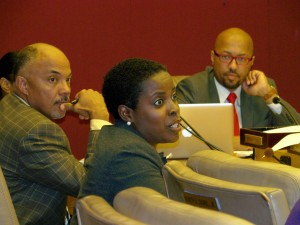
Counciil members Gary Brown, Saunteel Jenkins and Charles Pugh
CHARLES PUGH: Hiram Jackson, PLD contractor, $500; Bertram Marks, DTE attorney $1000; Kirk Lewis, Bing Group $2,000 (Bing on DTE Board 20 yrs)
GARY BROWN: DTE ENERGY PAC $3400; Bertram Marks $750; Hiram Jackson $500
SAUNTEEL JENKINS: DTE ENERGY PAC $2000; Joyce Hayes-Giles, DTE top exec. $500; Covanta, DTE supplier $1,000; Hiram Jackson $500
Ken Cockrel, Jr.: DTE ENERGY PAC $4,000;
Brenda Jones: DTE ENERGY PAC: $4,000; James Tate: Covanta Energy $1,000; Andrew Spivey: Hiram Jackson $500
(These do not include numerous large contributions from the Detroit Regional Chamber, Detroit Renaissance and other entities DTE belongs to.)
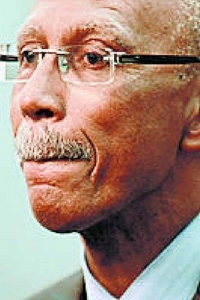
Mayor Dave Bing, close ally of DTE
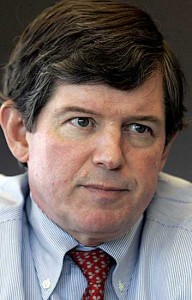
Anthony Earley, DTE CEO, chaired Bing's inaugural
Mayor Dave Bing, who sat on DTE’s board for 20 years and has several DTE employees working on loan to the city, introduced the contract. DTE’s CEO Anthony Earley chaired Bing’s inaugural earlier this year.
Both were members of a “business leadership group” set up by U.S. District Judge John Feikens in 2008 that paved the way for privatization and regionalization of the city’s largest asset, the Detroit Water and Sewerage Department.
“The City Charter says the city cannot close or sell a public utility without a vote of the people,” Watson stormed prior to the vote. “Buried in the language of this contract is a provision that it ‘eliminates the necessity for Mistersky Power Plant to produce electric power.’ We can be sued for this.” Continue reading →



